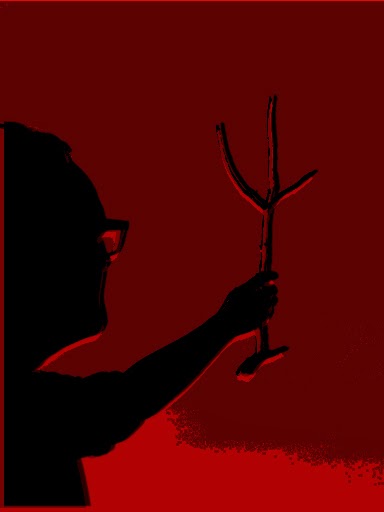Yesterday
on the track
] he observed (
this dry branch
this dry branch
- poeter, 'Remembranch Day'
They shall grow not old, as we that are left grow old:
Age shall not weary them, nor the years condemn.
Age shall not weary them, nor the years condemn.
At the going down of the sun and in the morning,
We will remember them.
- Laurence Binyon, the 'Ode of Remembrance', from
his 1914 poem 'For the Fallen.

Listen, I will tell the best of visions,
what came to me in the middle of the night,
when voice-bearers dwelled in rest.
It seemed to me that I saw a more wonderful tree
lifted in the air, wound round with light,
the brightest of beams. That beacon was entirely
cased in gold; beautiful gems stood
at the corners of the earth, likewise there were five
upon the cross-beam. All those fair through creation
what came to me in the middle of the night,
when voice-bearers dwelled in rest.
It seemed to me that I saw a more wonderful tree
lifted in the air, wound round with light,
the brightest of beams. That beacon was entirely
cased in gold; beautiful gems stood
at the corners of the earth, likewise there were five
upon the cross-beam. All those fair through creation
gazed on the angel of the Lord there.
There was certainly no gallows of the wicked;
but the holy spirits beheld it there, men over the earth and all this glorious creation.

Wondrous was the victory-tree, and I stained with sins,
wounded with guilts. I saw the tree of glory,
honoured with garments, shining with joys,
covered with gold; gems had
covered magnificently the tree of the forest.
Nevertheless, I was able to perceive through that gold
the ancient hostility of wretches, so that it first began
to bleed on the right side. I was all drenched with sorrows.
I was frightened by the beautiful vision;
I saw that urgent beacon change its covering and colours: sometimes it was soaked with wetness,
stained with the coursing of blood; sometimes adorned with treasure.

Yet as I lay there a long while
I beheld sorrowful the tree of the Saviour,
until I heard it utter a sound;
it began to speak words, the best of wood:
"That was very long ago, I remember it still,
that I was cut down from the edge of the wood,
ripped up by my roots. They seized me there, strong enemies,
made me a spectacle for themselves there, commanded me to raise up their criminals.
Men carried me there on their shoulders, until they set me on a hill,
enemies enough fastened me there. I saw then the Saviour of mankind
hasten with great zeal, as if he wanted to climb up on me.
- These are the opening lines of Elaine Treharne's translation of The Dream of the Rood. To read the full translation click here.

detail
A Person Looks At A Work Of Art/
someone looks at something ...
LOGOS/HA HA



